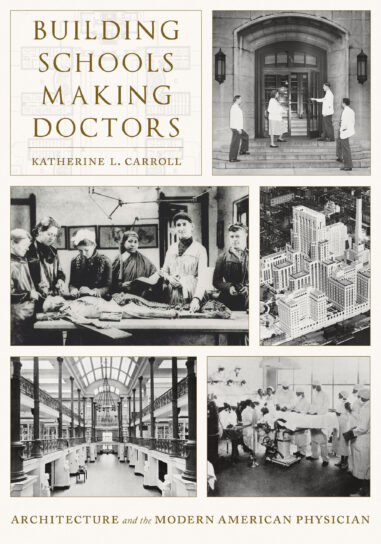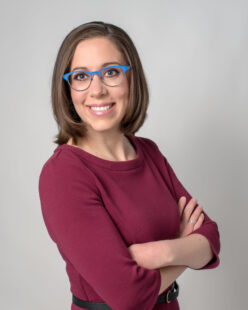In the late nineteenth century, medical educators intent on transforming American physicians into scientifically trained, elite professionals recognized the value of medical school design for their reform efforts. Between 1893 and 1940, nearly every medical college in the country rebuilt or substantially renovated its facility. In Building Schools, Making Doctors, Katherine Carroll reveals how the schools constructed during this fifty-year period did more than passively house a remodeled system of medical training; they actively participated in defining and promoting an innovative pedagogy, modern science, and the new physician.
Interdisciplinary and wide ranging, her study moves architecture from the periphery of medical education to the center, uncovering a network of medical educators, architects, and philanthropists who believed that the educational environment itself shaped how students learned and the type of physicians they became. Carroll offers the first comprehensive study of the science and pedagogy formulated by the buildings, the influence of the schools’ donors and architects, the impact of the structures on the urban landscape and the local community, and the facilities’ privileging of white men within the medical profession during this formative period for physicians and medical schools.


